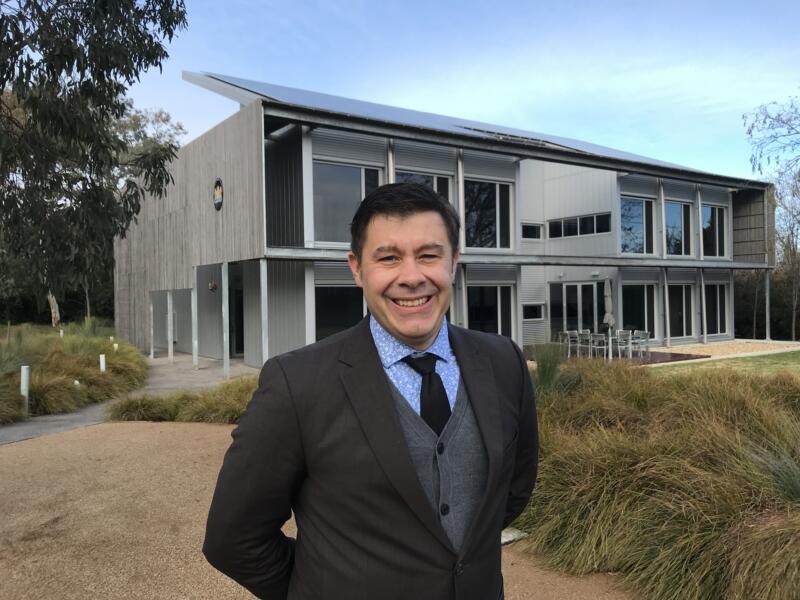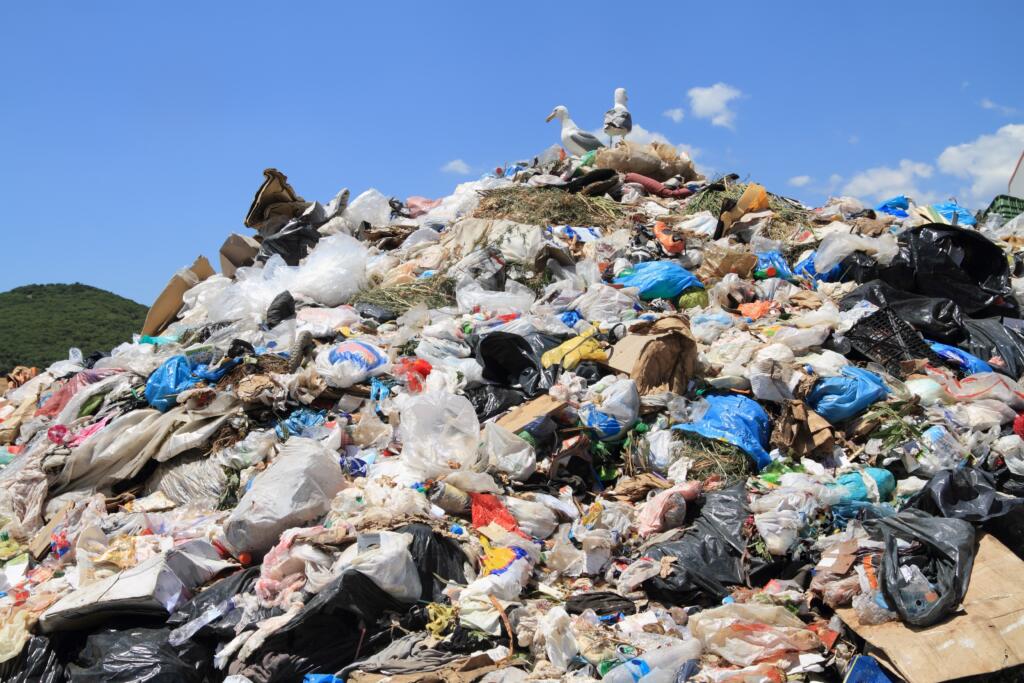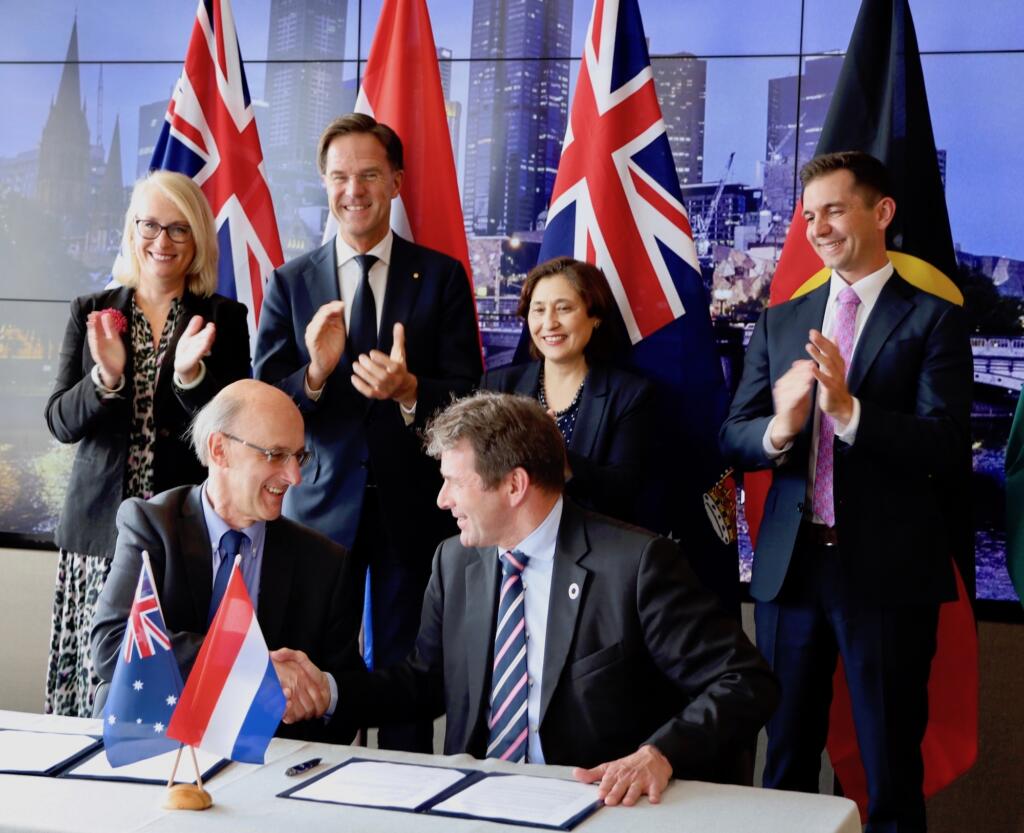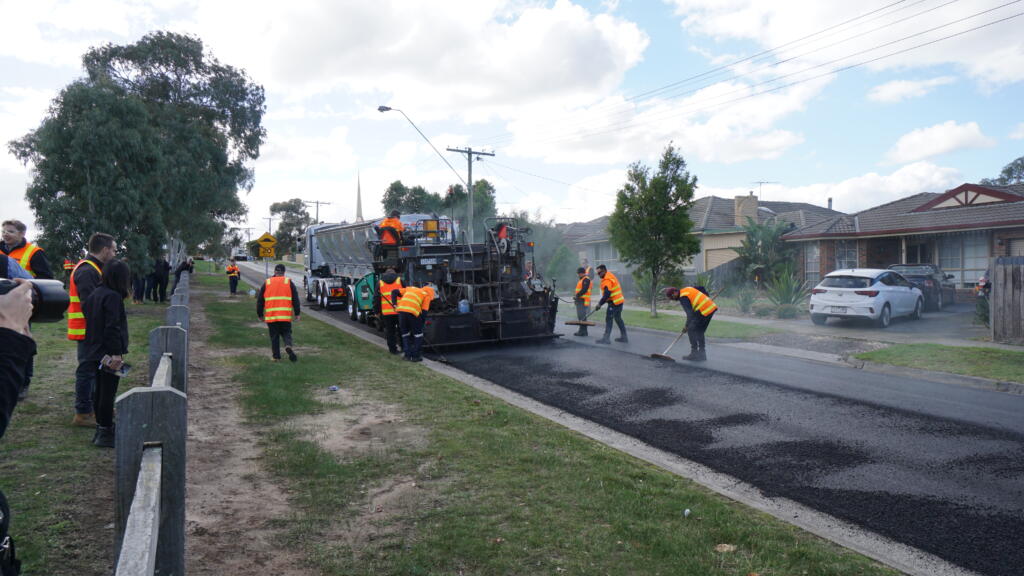Australia and Waste: A changing mindset
August 18, 2020
“Like many other countries Australia is anxious to move beyond the Covid-19 crisis and reopen its economy. At the same time, Australia has been in the midst of an ongoing waste-crisis, since China and Indonesia banned the import of household waste in the 2018.
Across the country, physical waste is piling up and the waste industry is under increasing pressure. Moreover, several states are moving towards landfill restrictions. The closing of these regional waste markets, required Australian policy makers at all levels to reconsider waste and its management. In response we have recently seen the launch a plethora of new strategies, targets and aspirations. It is hard not to see all this within the context of a broader change in the Australian mindset.
Clearly the Australian mindset is changing….”
Dai Forterre, Senior officer economic affairs at the Embassy of The Netherlands in Australia, shares his observations on Australia’s changing mindset on waste and Dutch-Australian efforts for a circular economy.
Disclaimer: Holland Circular Hotspot publishes opinions on CE from a wide range of perspectives in hopes of promoting constructive debate about consequential questions about Circular Economy.

Circular greetings from the other side of the globe
We see ambitious resource recovery and waste management programs and the mobilization of talent, expertise and considerable resources, which seem to reflect a budding market transition towards a Circular Economy. The way to a Circular Economy also offers Australia one more way out of the Covid-19 crisis.
Continued draughts combined with a calamitous bush-fire season during late 2019 and early 2020 followed by the Covid-19 crisis have intensified a debate around Sustainability and the Economy in Australia.
Furthermore, Australia is actively reconsidering its position in the region and reaching out to friends old and new for new ideas, expertise and collaboration to help strengthen it economic position.
One of those friends is the Netherlands…..
In fact, for over a year, we have seen the Netherlands and Australia linking ever more actively around Circularity. Therefore the Netherlands is in prime position to be a partner for Australia in fulfilling its ambitions and translating the current discussions into actions towards a Circular Economy.

Photo: Pile of domestic garbage in landfill. Source: Planet Ark 2020
Promising Developments so far
Since early 2019 the Netherlands missions in Australia with its Consulate General in Sydney and Embassy in Canberra have been actively engaging with Australian stakeholders across government, academia, civil society and business.
During the last quarter of 2020, the Netherlands missions had the pleasure to facilitate visits of prominent academics professors Nancy Bocken (Delft Tech / Maastricht Sustainability Institute ), Andre Nijhoff (Nyenrode Business University), Andy van den Dobbelsteen (Delft Tech) and leading waste expert Mr. Herman Huisman across Australia to shine their respective lights on the Circular Economy.
Meanwhile, we have established a constructive and ongoing dialogue with representatives across state and federal governments with the aim to create the right conditions for a market driven transition towards a Circular Economy.
For example, in March 2019, just prior to Australia closing its borders the cities of Melbourne and Sydney hosted Mr. Joan Prummel (RWS) to learn about the Dutch approach to Circular Procurement across government.
One highlight so far has been the singing of a Memorandum of Understanding (MoU) between Holland Circular Hotspot (HCH) and the National Circular Economy Hub (NCEH) in the presence of Netherlands Prime Minister Mark Rutte, the Victorian Minister for Energy, Environment and Climate Change and Minister for Solar Homes, Lily D’Ambrosio, the federal Assistant Minister for Waste Reduction and Environmental Management, Trevor Evans and the Lord Mayor of Melbourne Sally Cap.
Since the signing of this MoU in Melbourne on 11 October, 2019 by HCH director Freek van Eijk and the CEO of Planet Ark Paul Klymenko, with close to 150 business, academic and government representatives in attendance, we have continued to support the action orientated dialogue between HCH and NCEH.
More broadly, discussions between Netherlands and Australian partners around topics such as Circular Business innovation, the role of SMEs and Circularity, CE in the agricultural, food and textile sectors, Sustainable Plastics and Packaging but also CE in Building and Construction and local Circular Manufacturing within the context of Industry 4.0 are gaining ever more steam.

Photo: Signing of the MoU between Holland Circular Hotspot and Planet Ark
More to come: Important government initiatives
To help meet the most acute waste challenges as well as contribute to local economic development, governments at federal, state and local level have recently launched a series of comprehensive and ambitious initiatives:
- A total national ban on the export of waste from 2020, impacting approximately 80% all household waste.
Furthermore, the Federal government is in the process of introducing subsequent national export bans for a range of waste types: glass waste from the 1st of January 2021, mixed plastics from 1 July 2021, tyres from 1 December 2021, single resin and polymer plastics from 1 July 2022, and finally paper and cardboard from 1 July 2024. - Ultimately, these waste export bans are part of plans to increase domestic demand for recycled materials and a meet national resource recovery target of 80% by 2030.
- The launch of Australia’s new National Product Stewardship Act, which defines the environmental product lifecycle responsibilities for local manufacturers, distributors and other business entities.
- The aforementioned launch of the NCEH. The well-known non-profit Planet Ark has been mandated by the federal government to establish this national platform to help drive the circular economic transition.
- Following the visit of New South Wales Minister for Energy and Environment, Matt Kean to the Netherlands in November 2019, there is growing interest with the NSW government in the Dutch approach to the energy transition and waste management. A visit the minister called transformative in this thinking about energy and waste…
- In March 2020, the state of Victoria launched its Recycling and Resource recovery strategy A principal strategic challenge is to involve civil society, local government and in particular business in operationalizing Victoria’s CE ambitions. A central role lies with the soon to be launched Circular Economy Business Innovation Centre.
- Major cities like Melbourne and Sydney are actively exploring opportunities around Circular Procurement.
- Similarly, there is a growing interest in the Amsterdam Doughnut strategy. In March 2020, the federal government launched the regional AUSNZPAC Plastics Pact. The objective is to reduce plastics waste, whilst igniting business innovation across the Pacific region.
The reputable, semi-regulatory organization APCO has been mandated to implement the Pact with active support of local and international business. - Finally, on the 6th of July, the federal government allocated AUD 190m (Euro 117m) towards a new recycling infrastructure, with the goal to divert more than 10m tonnes of plastic, paper and glass waste away from landfill.
The announced funding is contingent on state and territory governments and industry groups matching this federal contribution and is part of a newly launched Recycling Modernisation Fund (RMF). Overall, the federal government aims to generate AUD 600m (Euro 370m) in investment under RMF.What opportunities do we see in Australia? - Australia is and will remain one of the most robust and affluent economies in the world.
The country might be far way, but the ease of business is uncannily high. - In Australia, many of the environmental and economic competencies lie at a state level.
New South Wales and Victoria are economically the most impactful states.
It is here that we see in particular a unique environment for the transition towards a Circular Economy. - We see growing interest in Dutch Circular Economy expertise and consider this as an effective means to further strengthen the broader bilateral ties between the Netherlands and Australia.
- We also see significant Dutch and Australian academic collaboration, which we believe could contribute to Circular innovation. We are actively encouraging academics to further explore partnership opportunities or deepen existing ones.
- There is sustained political pressure at Federal and State levels to reform waste management as well as consider CE as an engine for local economic development. All of which could provide a basis for further bi-lateral corporation at all policy levels.
- Dutch business is starting the identify opportunities in Australia, whilst Australian business is looking more actively at the Netherlands.
- Finally, what makes our collaboration with Australia unique, is the tangible contribution the Netherlands can make to the Circular Transition of a high-developed, dynamic and affluent market.
In conclusion, the accelerated transition towards a Circular Economy in Australia hold much potential for Dutch business, academia, civil society and policy makers.
More specifically, if we use the following four stage Market Transition model (see below), we see the following tangible opportunities (in green) for the Netherlands.

Lastly, as the local economic representatives of the Netherlands we encourage anyone to contact us with any ideas or questions, pertaining the identified opportunities or the Circular Economy more broadly in Australia. We are here to help…
Meanwhile, The missions of the Netherlands in Australia will continue to its dialogue with local partners across government, civil society, academia and business so to identify opportunities and positively contribute the local market transition towards a Circular Economy.

Photo: Road from recycled products. Source: Planet Ark 2020
